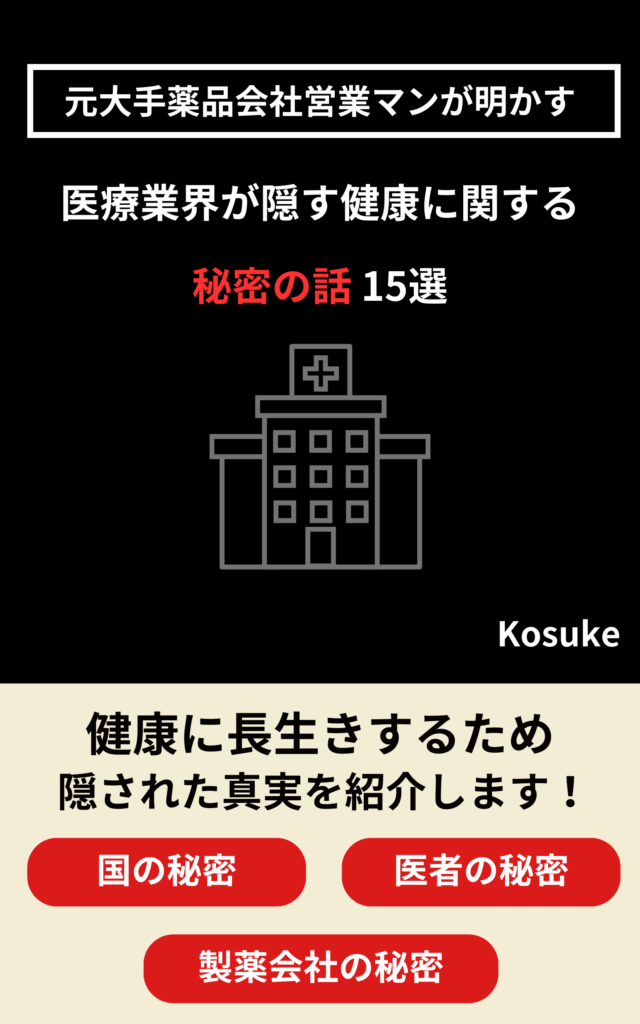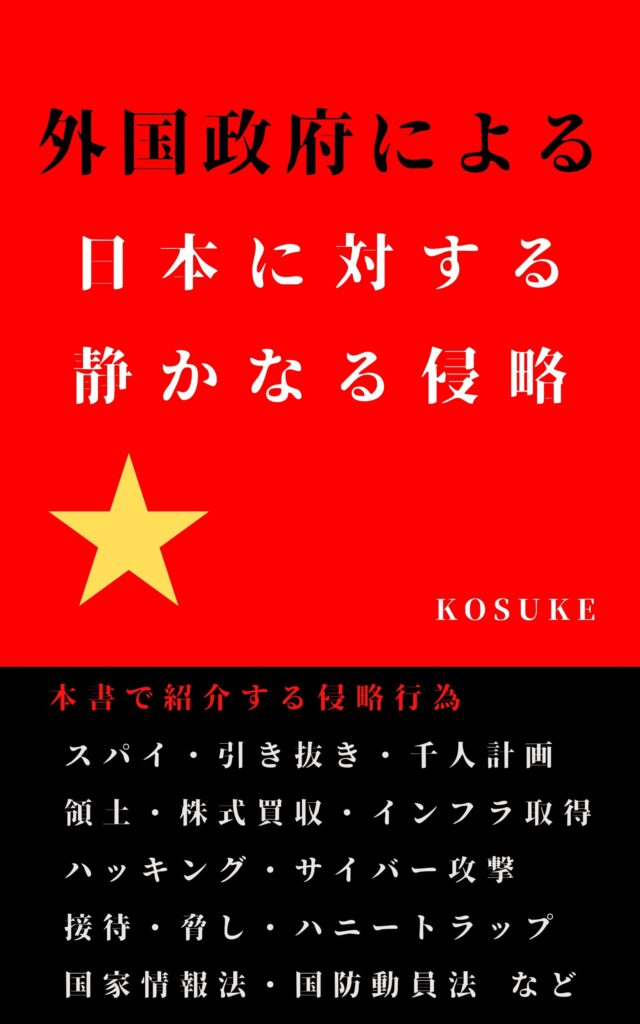今日は言葉の日だそうです。
Today is a language day.
私は現在までに5ヶ国語の勉強をした事があります。日本語、英語、フランス語、台湾語(中国語)、タイ語です。
I have learned five languages so far: Japanese, English, French, Taiwanese (Chinese), and Thai.
私は現在までにオーストラリア、タイ、台湾、マレーシアに住んでいた事がありますので、そこで生活をしていく為にも多少現地の言葉が必要だと思って勉強しました。
I have lived in Australia, Thailand, Taiwan and Malaysia, and I needed to learn the local languages to adjust to life there.
ただ、実際には英語圏でない国でも英語を使う事が多かったです。
However, I still used English in non-English speaking countries.
そして、結構勉強したつもりだったのですがタイ語は殆ど忘れてしまっています。
Although I studied Thai hard, I have forgotten almost all the words,
きっと、タイに行って買い物をするくらいならば出来ると思います。英語とフランス語は日常会話は問題ないと思います。英語ならば働けるレベルです。台湾語・中国語は普通に話すには少し復習が必要です。
and I need to review my Taiwanese language skills before speaking fluently.
実は昨日、以前にネットで中国語を習っていた時の先生から連絡が来ました。
The other day, my former Chinese teacher, who had passed the most challenging Japanese exam and could speak Japanese fluently,
内容としては「上々の目標」という日本語はどういう意味ですか?という内容です。
asked me the meaning of “joujou no mokuhyou” in Japanese.
その先生は日本語試験のN1という一番難しい試験を突破して、日本の会社で秘書として働いているのでとても日本語が上手です。
私も「上々の結果」は聞くけど、「上々の目標」はあまり言わないので、評価している人から見て満足出来る目標という意味で使ったのではないかと答えました。
Japanese people do not often use this phrase, so I explained to her that it means “a goal that satisfies the evaluator.”
ちなみに、私が台湾で生活をして、その先生とネットで中国語を習っている時に、とてもネット環境が悪い時がありました。
I recall that when I was learning Chinese from this teacher online while living in Taiwan, the internet connection was always very bad.
その先生はとても明るく話も上手で良い先生です。
She was a cheerful and excellent teacher,
その先生と今日もネットの環境があまり良くないという話をしている時に、
but when I made a joke about the bad internet connection,
「今日もネットの環境が悪くて、ごめんなチャイナ」と言ってみました。
完全にスルーされた思い出があります。
she ignored it.
私が現在までに習った5ヶ国語の言葉ですが、一番難しいのはフランス語か?タイ語だと思います。ちなみに、リーディングだけを考えた時はタイ語がダントツ一番です。スパイの暗号ではないかと思えるくらいに色々なルールがあります。タイ人も何年も掛けて読みの練習をするそうです。
As for the languages I have learned, French and Thai are the most difficult, with Thai being particularly challenging to read due to many rules that Thai people also take years to master.
また、フランス語だけではないですが、ヨーロッパの言葉の殆どが単語が男性単語と女性単語に分かれます。日本は男性単語になり、フランスは女性単語になります。その男性か女性かによって形容詞なども変わってきます。また動詞も英語ならば一人称、二人称、三人称くらいでBe動詞がam / are / is くらいに変更しますが、フランス語は6つの変更の形を持っています。
Not only French, but also most European languages have nouns that are divided into masculine and feminine. the noun of Japan is classified as masculine, while France is feminine. Adjectives also change depending on whether the noun is masculine or feminine, and verbs in French have about six different forms depending on the subject, unlike English, which only changes into two or three forms.
ですので、誰が主語かによって同じ動詞でも六種類(原形をあわせれば7種類)使い分ける必要があるので本当に大変です。私は会話中に普通に間違えます。
Therefore, it is really difficult to use the correct form, as you need to differentiate between six (seven if you include the infinitive) forms of the same verb depending on the subject. I often make mistakes when speaking French.
また、いつも思うのは日本語が外国語でなくて良かったと思います。日本語は繊細で綺麗な言葉なので母国語として持てた事は嬉しいけど、外国語として習うには難しいと思う。
Furthermore, I always think that I am fortunate that Japanese is my mother tongue. While Japanese is a delicate and beautiful language, it is also challenging to learn as a foreign language.
そして、最後に言いたい事があります。
日本語、英語、フランス語、中国語で世界の人口の3分の2近い人とコミュニケーションが取れる可能性があります。私もこの4ヶ国語は頑張れば話せます。現在世界の人口が71億人で男性と女性で半分ずつで35億、あと5千万人(ブルゾン風に書いてみました。古いですね^^;)がそれぞれいる計算です。
Finally, it is possible to communicate with nearly two-thirds of the world’s population in Japanese, English, French, or Chinese. I myself can speak all four with some effort. With a global population of 7.1 billion, split evenly between men and women, this means there are around 2.1 billion people who can speak these four languages.
そして、この4ヶ国語を話せる人が21億人ほどいるそうです。私は21億人の女性とコミュニケーションが取れる筈です。それなのに、私は過去15年以上の間デートも手すらも握った事がないって、逆に凄くない!?
It’s amazing to think that I could potentially communicate with so many women, yet I haven’t dated or even held hands with anyone in over 15 years. It’s quite sad, isn’t it?






